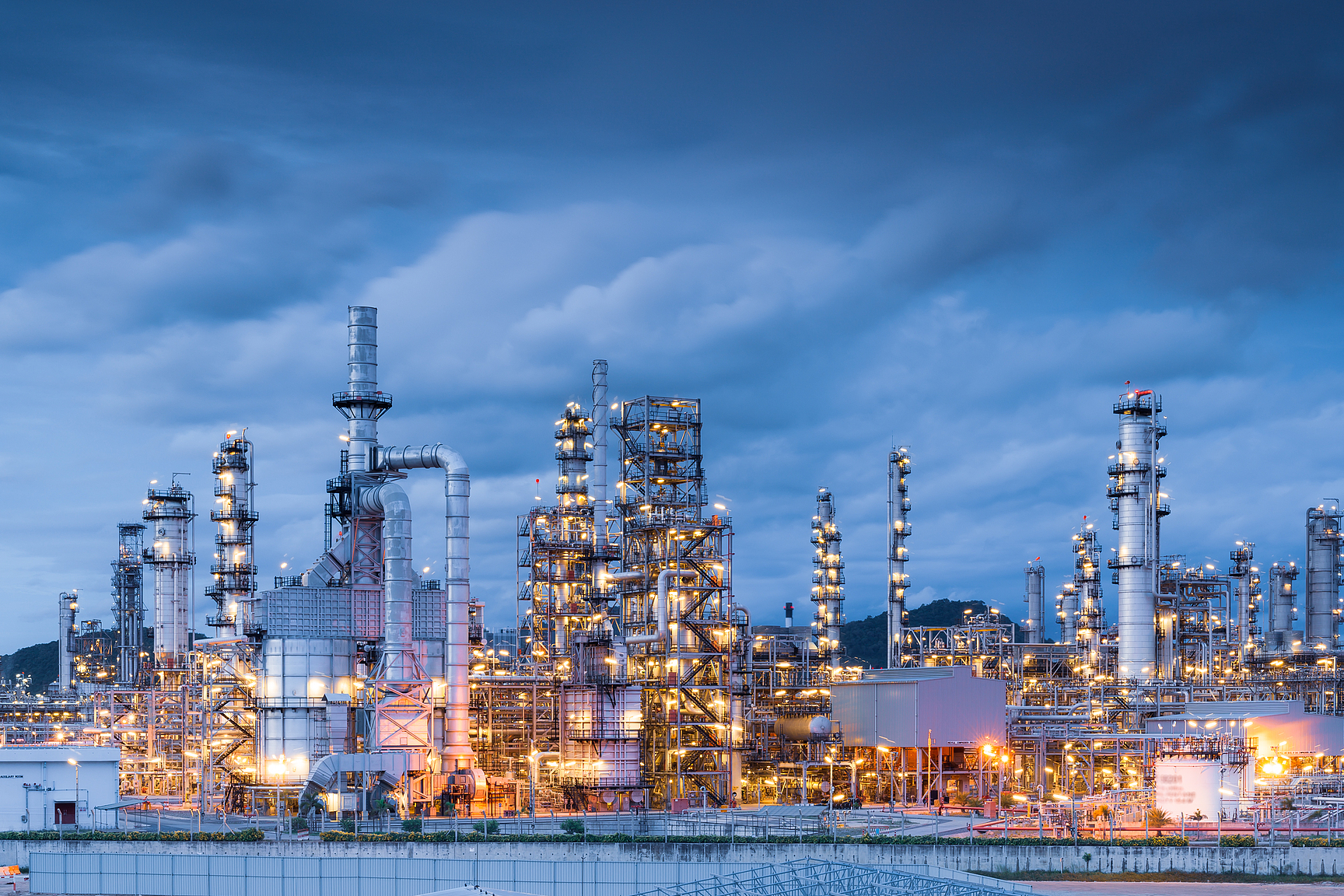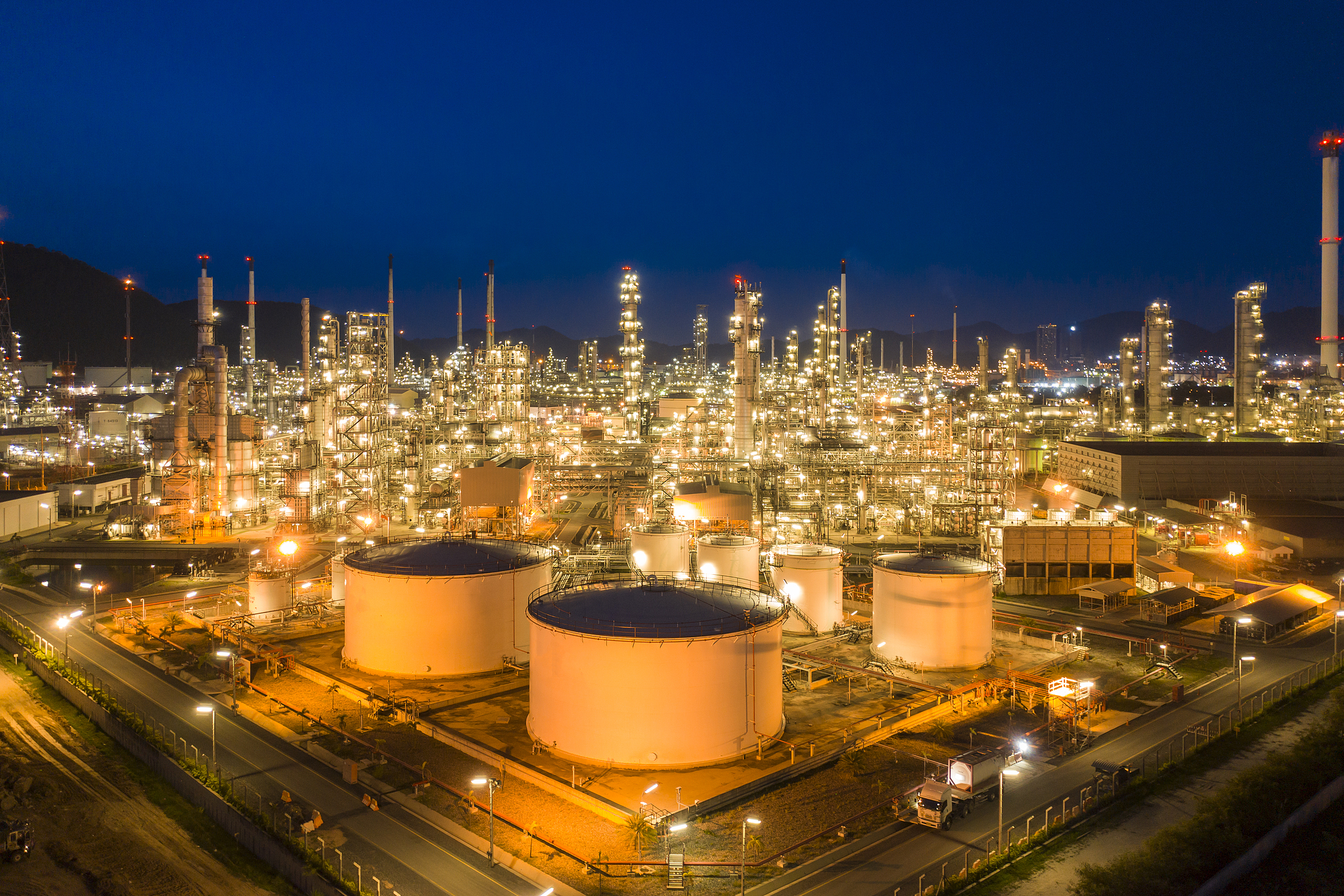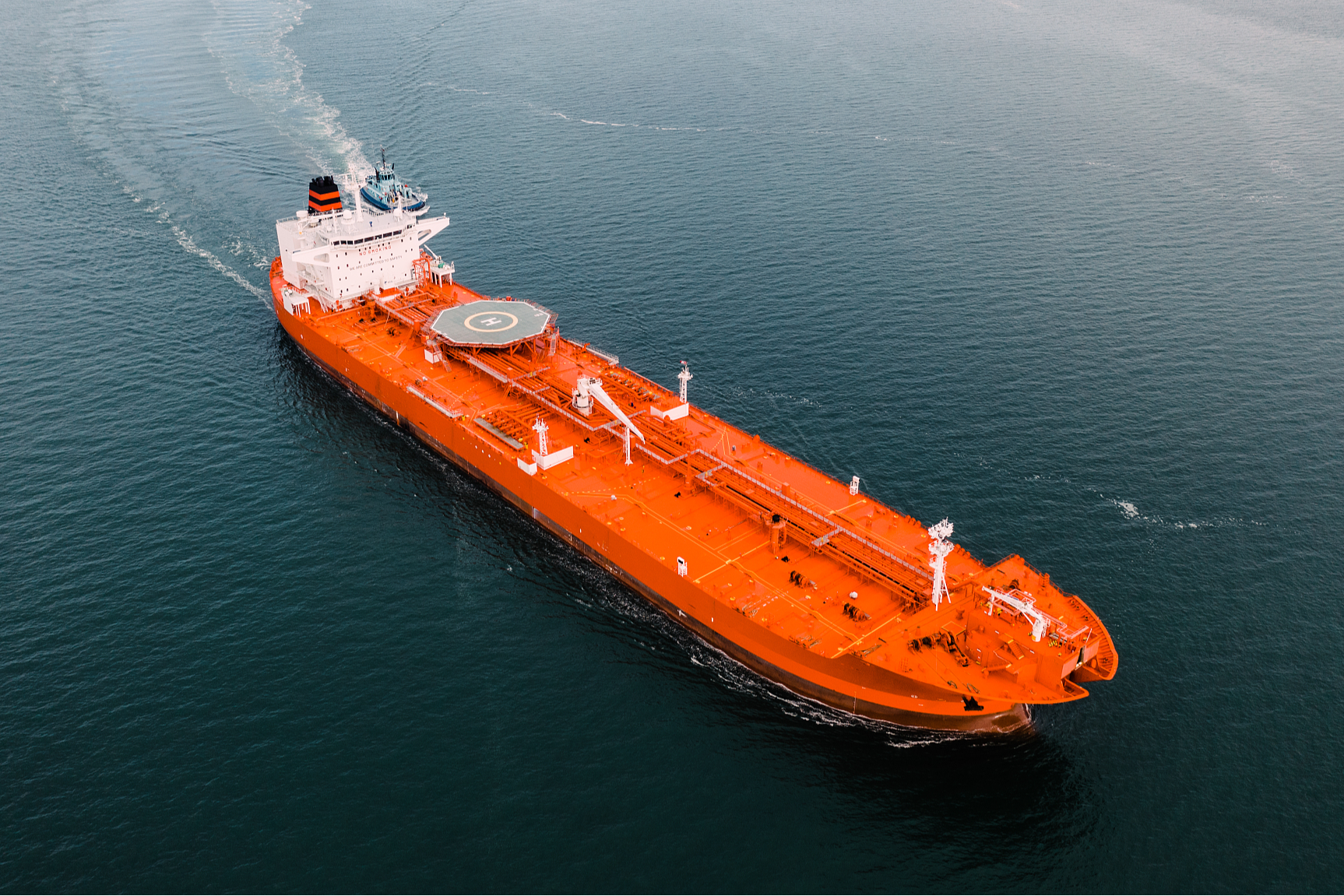











Acrylate monomers are widely used in the formulation of advanced polymers due to their ability to significantly improve performance, strength, and durability. These highly reactive molecules serve as essential components in creating high-performance plastics, coatings, adhesives, and sealants across various industrial sectors.
By modifying the molecular structure of the base polymer, acrylate monomers can impart a wide range of functional properties—from UV resistance to flexibility, toughness, and chemical stability. For manufacturers seeking to enhance product quality and reliability, incorporating acrylate monomers into polymer formulations offers a practical and cost-effective solution.
One of the key benefits of using acrylate monomers in polymer engineering is the ability to increase mechanical strength and impact resistance. Polymers enhanced with specific types of acrylate monomers exhibit improved tensile strength, making them suitable for demanding applications such as automotive parts, protective films, and industrial components.
These monomers also contribute to the flexibility and elongation properties of the finished material, helping to prevent brittleness and cracking under mechanical stress. This combination of strength and flexibility is crucial for products that must withstand frequent use or exposure to dynamic environmental conditions.
Exposure to sunlight and harsh weather conditions can cause conventional polymers to degrade over time. Acrylate monomers play a critical role in improving the weatherability and UV resistance of polymers, particularly in outdoor applications.
When used in coatings and sealants, these monomers form a highly stable network that resists yellowing, chalking, and surface degradation caused by prolonged UV exposure. This property is particularly valuable in construction materials, automotive exteriors, and electronic housings that require long-term durability in outdoor environments.
Acrylate monomers are known for their excellent resistance to a wide variety of chemicals, including acids, alkalis, and solvents. When incorporated into polymer structures, they create materials that are less prone to corrosion and breakdown when exposed to aggressive chemical environments.
Additionally, polymers based on acrylate monomers typically demonstrate low water absorption rates, making them ideal for use in humid or wet conditions. This is especially useful in packaging, medical devices, and industrial applications where moisture resistance is a critical performance factor.
Thermal stability is essential for polymers used in electronics, automotive, and industrial manufacturing processes. Acrylate monomers help improve the thermal performance of polymers by enhancing their resistance to heat-induced deformation and degradation.
By selecting the right acrylate monomer formulation, manufacturers can create materials capable of maintaining structural integrity and performance under elevated temperatures. This is crucial in applications where materials are subjected to frequent or continuous heat exposure.
In industries such as optics, electronics, and displays, transparency and optical clarity are essential. Acrylate monomers contribute to the creation of clear polymers with excellent light transmission and minimal haze.
These optical properties make acrylate-based polymers suitable for lenses, screens, light guides, and protective covers in electronic and medical equipment. Unlike many other monomer systems, acrylate monomers allow for the development of lightweight, clear materials that do not sacrifice strength or stability.
Another significant advantage of acrylate monomers is their versatility in crosslinking. This characteristic allows formulators to fine-tune polymer properties for specific applications, whether the goal is increased hardness, better flexibility, or enhanced chemical resistance.
This customization potential enables industries to develop polymer solutions tailored to their unique processing and performance requirements. By adjusting monomer types and ratios, manufacturers can balance cost, functionality, and durability—an important consideration in competitive markets.
Incorporating acrylate monomers into polymer systems not only enhances performance but also extends product lifespan, reducing the need for frequent maintenance or replacement. This long-term reliability is particularly important in sectors such as construction, transportation, and energy, where material failure can lead to costly downtime or safety risks.
Furthermore, because acrylate monomers are widely available and compatible with many existing manufacturing processes, they offer a high performance-to-cost ratio. This makes them a smart investment for businesses looking to improve material efficiency without significantly increasing production costs.
The integration of acrylate monomers into polymer formulations offers a powerful way to enhance material performance across a wide range of industries. From increasing strength and durability to improving resistance against environmental and chemical stressors, acrylate monomers provide manufacturers with the tools needed to innovate and stay competitive.
Acrylate monomers offer something special that many companies have started using to make better polymers these days. These materials help balance what industries need now in terms of performance without sacrificing efficiency or green credentials. The possibilities are pretty wide ranging too. Some manufacturers want stronger coatings that last longer on surfaces exposed to harsh conditions. Others need adhesives that hold up under stress but still come apart when needed. And there's always demand for plastics that perform well in extreme environments. For all these applications, acrylates provide a solid starting point. They've become something of a go to material across various sectors looking to upgrade their product offerings while keeping an eye on environmental impact.
 Hot News
Hot News2026-01-17
2026-01-13
2025-07-25
2025-06-16
2025-04-07
2025-04-07

